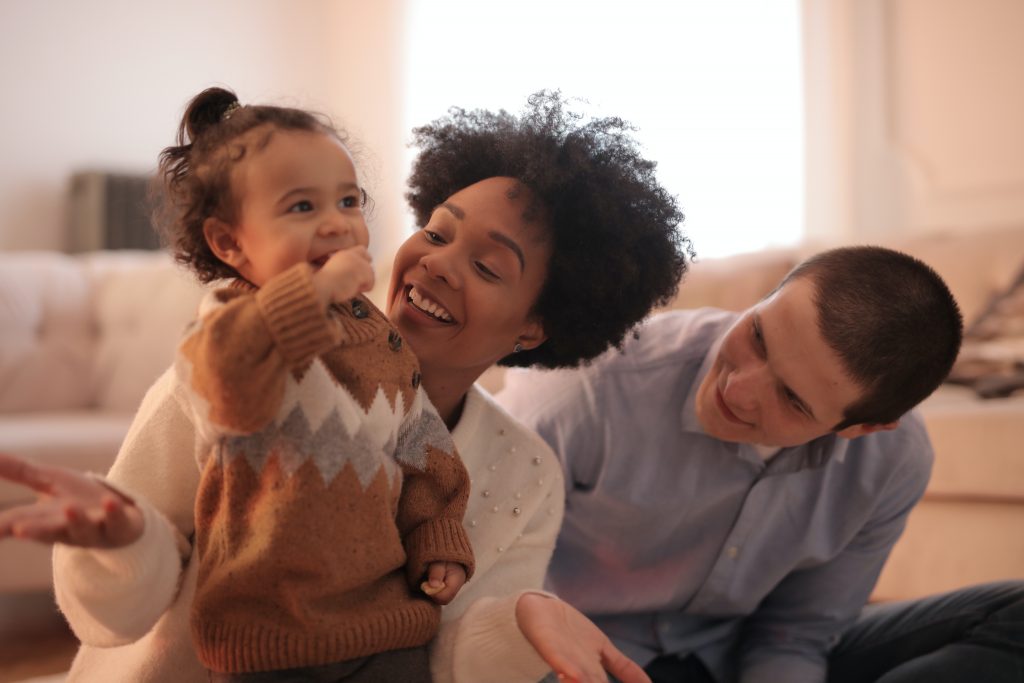The dishes are piling up, bills are stacking up, you cannot remember if you packed the kids’ lunch or if you have a meeting today–each day is getting increasingly harder as you sink deeper into your depression. But you do not want to let your kids down. How do you balance your home-work-inner life when you notice something is wrong?
Know that you are not alone. Approximately 17.3 million adults in the U.S. suffer from depression and one in five children has a parent who is severely depressed. Research shows that parents who recognize their depressive symptoms often judge their own parenting skills and develop guilt or shame, contributing to and increasing their depression. And, from the parents, the mother is more likely to be depressed as women are twice as likely than men to have depression. Moreover, motherhood can increase the development of depression via postpartum depression ranging from feeling “blue” to severe psychotic depression after giving birth.
Parents who have depression risk sabotaging a healthy attachment bond with their kids due to their inability to engage or provide basic needs. A child who sees their parents as withdrawn or unreliable will learn they have to depend on themselves to get their needs met and may develop an insecure attachment pattern. They can also learn maladaptive coping techniques from observing their parents manage stress.
Children of depressed parents are also prone to high rates of anxious, depressive, and disruptive disorders that can follow into adulthood. These disorders are transmitted by both nature and nurture, because parents can pass down genes of mental illness and because the depression creates an unstable and uncertain environment that causes stress. To note, 1.9 million children, ages 3-17, have depression.
Tips for Parenting While Depressed
Community
Even though you may be instinctively inclined to isolate while you are depressed, isolation is problematic for you and your kids. Immerse yourself with supportive and uplifting people like family members, a therapy support group, spiritual group, or a sports team–so long as you trust them and know they have compassion toward your mental illness.
Therapy
It is possible to get better and to have more energy to put into being a present parent. Find a therapist that can help you work through your depression and strengthen the parent-child relationship. A therapist will provide you with tools to control your symptoms. A therapist can also help keep you accountable in fulfilling your personal goals and staying on top of your home duties. Additionally, you and your family can participate in family therapy or your child can have personal therapy too. The more help the family unit gets, the more nurturing of an environment it will be for everyone. Although you must want to get help for yourself, a motivation to go to therapy is the investment in your child’s future wellbeing.
Activities
Keeping yourself busy (not distracted) is both good for your mental health and physical health since you are moving around and socializing. Choose hobbies that inspire passion within you and that you can share with peers. Doing something for yourself, away from your family, helps you stay in touch with your individuality. Plus, putting your kids in extracurricular activities can help boost their confidence, improve their social skills, and drive individuality in them.
For more information on mental health treatment in Los Angeles, call Trauma and Beyond Center ® at (818) 651-0725.


